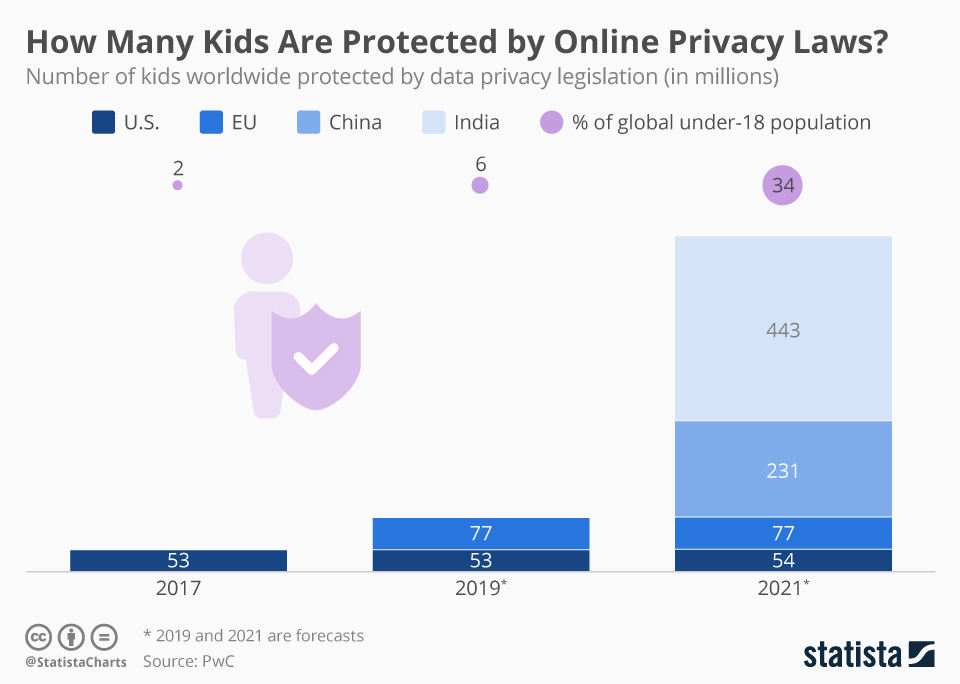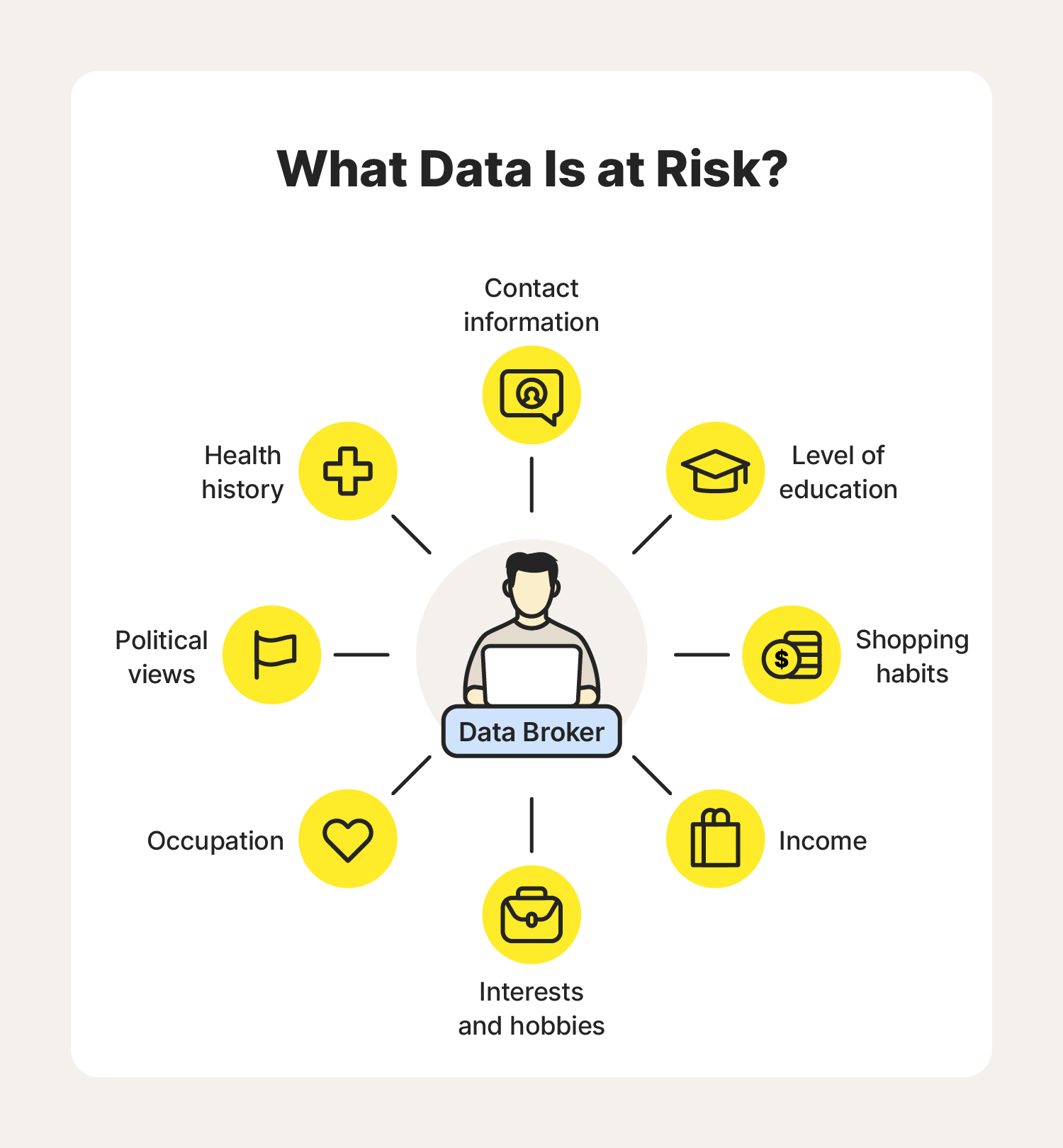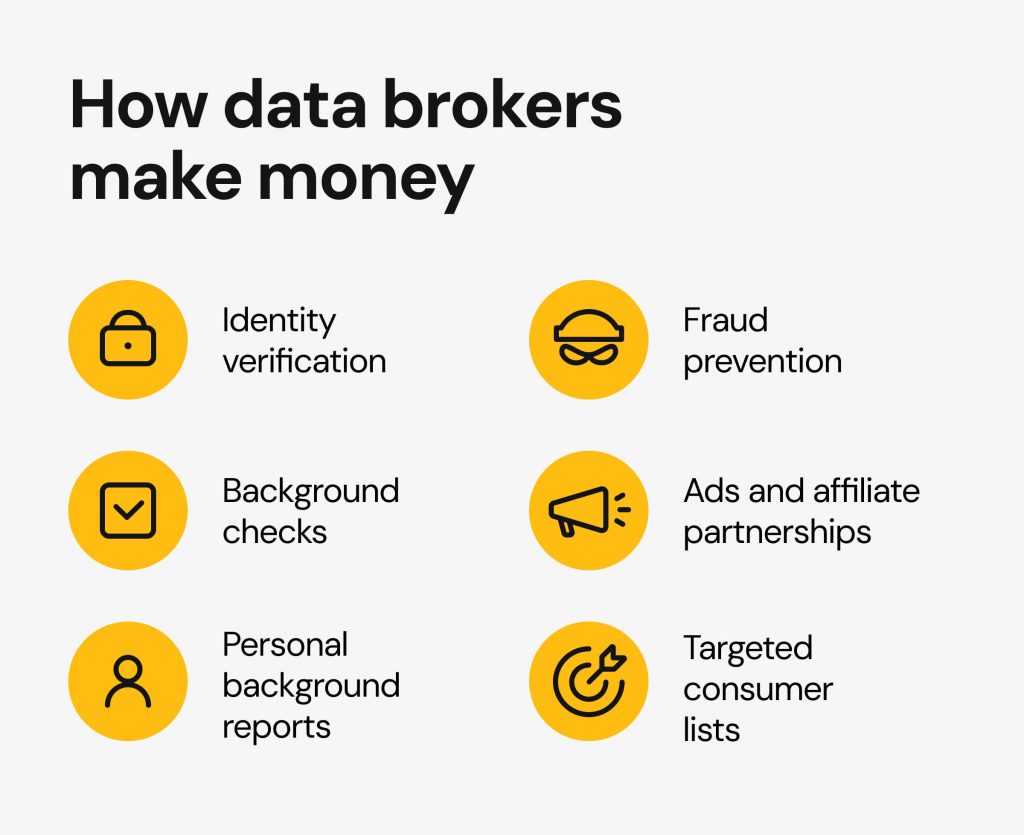
In today's digital landscape, young users are more interconnected than ever. Online interactions have surged, giving rise to significant concerns regarding user safety and ethical data handling. Many stakeholders are grappling with how to navigate this evolving environment. New regulations have emerged, aiming to safeguard vulnerable populations. These rules bring necessary changes and spokeo opt out guide challenges to various industries.
One particularly influential piece of legislation has been designed to address these issues directly. By establishing clear boundaries, it seeks to prevent misuse of personal information from minors. Compliance becomes imperative for many organizations, as penalties can be severe. Companies must adapt swiftly, re-evaluating their methodologies and practices. The challenge lies in balancing economic interests with moral responsibilities.
As a result, an array of repercussions unfolds for those engaged in information aggregation. These entities must alter their approaches to ensure they remain compliant with the new guidelines. Transparency becomes the order of the day, as trust plays a critical role in user relationships. Adapting to these changes can be daunting, but it is essential for long-term sustainability.
In conclusion, embracing this shift toward ethical data management could pave the way for innovative solutions. Remaining proactive is not just an option; it is a necessity. The landscape is shifting, and organizations that adjust in real-time will thrive in this new era of responsibility.
Understanding COPPA and Its Purpose
In today's digital landscape, the need for safeguarding young users’ information is paramount. Numerous platforms and services collect personal details from minors, making it crucial to establish guidelines. These rules ensure that children are protected from exploitation and misuse of their sensitive data. As technology evolves, so do the strategies to shield young individuals online.
The legislation serves as a response to growing concerns about privacy violations. It aims to create a safer online experience for minors by regulating information collection practices. Parents, guardians, and educators have raised alarms about potential risks. The aim is straightforward: protect the vulnerable against negative influences.
- Setting clear standards for consent before data collection.
- Ensuring transparency in data-sharing practices with third parties.
- Allowing parents to access and delete their children's information.
- Mandating security measures to protect stored data.
Every measure outlined in this framework emphasizes accountability and responsibility among service providers. By enforcing these requirements, the goal is to create an environment where children can safely navigate the online world without fear of breaches or misuse.
Understanding the implications of this legislation is vital for businesses operating in this space. Companies must be aware of their obligations and the expectations of parents. Ignorance of these regulations can lead to significant repercussions, both financially and reputationally. Therefore, navigating this landscape thoughtfully is essential for sustainable practices.
Key Provisions of COPPA
Key elements of this regulation directly address the collection and use of personal information. These provisions are meant to create a protective barrier for minors. They ensure that parents are informed and have control over their children's online activities. Compliance is not optional; it is a requirement for entities operating in this space.
First and foremost, entities must obtain verifiable parental consent before collecting data from minors under thirteen. This requirement aims to empower parents by giving them the authority to review and approve any information collected about their children. Additionally, companies are mandated to provide clear and comprehensive privacy policies. These documents should clearly outline what information is collected and how it will be used or shared.
Another significant aspect is the obligation to maintain the confidentiality and security of the information collected. Organizations are required to implement reasonable measures to guard against unauthorized access. Failure to do so can result in severe repercussions, including hefty fines.
Furthermore, the regulation stipulates that any information collected should be limited to what is necessary for the intended purpose. This principle of data minimization is crucial in ensuring that no unnecessary or excessive information is gathered. Companies must regularly assess their data collection practices to remain compliant.
Finally, there are requirements for maintaining parental access to their children's data. Parents should be able to review, delete, or refuse the sale of their child's information. These stipulations are designed to uphold the rights of parents, granting them the power to manage their children's online presence effectively.
Key Provisions of COPPA
This regulation establishes critical guidelines aimed at safeguarding young individuals in digital environments. It sets a framework that emphasizes transparency, consent, and accountability. Organizations must adhere to these requirements to ensure the safety of minors. With a focus on protecting children's personal information, this legislation has significant implications for various stakeholders.
Firstly, parental consent is a cornerstone of these provisions. Companies are mandated to obtain verifiable consent from parents before collecting personal details from minors. This includes information like names, addresses, and email addresses. Furthermore, organizations must provide clear notices outlining their practices regarding data collection. Understanding these company policies becomes essential for guardians, as they have to remain informed about their child's digital footprint.
Another essential element involves the limitations placed on data retention. Organizations cannot keep children's information longer than necessary for the intended purpose. This means companies must regularly evaluate their data storage practices and delete any irrelevant or outdated records. Compliance with these provisions not only protects minors but also promotes responsible data management.
In addition to consent and retention policies, there are strict requirements surrounding security measures. Companies are obligated to implement robust safeguards to protect the personal information of young users. This includes encryption, secure servers, and employee training focused on data security. Falling short in this area could lead to severe consequences.
Compliance monitoring is another vital aspect of this framework. Regular audits and assessments must be conducted to ensure adherence to regulations. Organizations are encouraged to cultivate a culture of compliance, which ultimately benefits both them and the young individuals they serve. The consequences of neglecting these provisions can be significant, including hefty fines and legal actions.
Ultimately, these guidelines serve as a foundation for fostering a safer online landscape. By establishing clear expectations and responsibilities, this legislation aims to provide peace of mind for parents and guardians. It cultivates a sense of trust in digital platforms, enhancing the overall experience for children navigating online spaces.
Impact of COPPA on Data Collection
Regulations aimed at protecting young users play a vital role in today's digital landscape. These guidelines establish a framework for how personal information can be collected and used by various entities. Compliance with such regulations is essential for any organization dealing with minors. As a result, businesses must navigate these rules carefully. This creates a challenging but necessary environment for ethical practices.
One crucial aspect of these regulations is the way they redefine acceptable practices for gathering information. Organizations are now required to adopt more stringent measures to ensure that consent is obtained before collecting data from individuals under a certain age. This requirement not only hampers unrestricted access to sensitive information but also mandates transparency in data handling processes.
To illustrate the implications, consider the following table outlining key restrictions:
| Aspect | Requirement |
|---|---|
| Parental Consent | Must obtain verifiable consent before collecting personal data. |
| Data Minimization | Only collect data that is necessary for the intended purpose. |
| Clear Communication | Provide understandable privacy policies for parents and children. |
| Access to Information | Allow parents to review and delete personal information of their children. |
Such requirements fundamentally alter the way organizations approach information collection. They force companies to rethink their strategies, ensuring alignment with ethical standards. Ultimately, compliance fosters a safer environment for younger audiences while enhancing trust between parents and service providers. This shift not only shapes corporate policies but also influences how technology is developed and deployed in the future.
Moreover, extensive awareness campaigns and educational initiatives have emerged as essential tools for informing parents about their rights and responsibilities. These efforts help in building a culture of accountability, ensuring that guardians are actively involved in their children's online experiences. As awareness increases, so does the expectation for businesses to uphold these standards consistently. In essence, enhancing awareness contributes to a collective effort aimed at creating a more secure online ecosystem for all users, especially the most vulnerable.
Children's Rights Under COPPA

This section delves into the essential rights afforded to young individuals through specific legislation. Protecting minors in a rapidly evolving digital landscape is crucial. These rights empower parents and guardians while ensuring the safety of children's personal information. The framework outlines responsibilities for organizations that collect and manage this data.
Key rights include:
- Access to personal information.
- Control over the collection of their data.
- Ability to request deletion of their information.
- Requirement of parental consent for data collection.
Every child has the right to know what information is being collected about them. Moreover, parents should be informed about the collection processes. They must provide explicit permission before any data is gathered. This ensures that children are not exploited in an environment bustling with information. Organizations are obligated to respect these rights, fostering a safer digital space.
Another fundamental aspect is the right to request the removal of data once collected. If a parent wishes to delete their child's information, companies must comply promptly. This provision safeguards children from potential misuse of their data. Furthermore, organizations must have clear policies regarding these requests. Transparency is key in building trust with families navigating digital interactions.
These rights also emphasize accountability. Organizations that fail to obtain consent or ignore deletion requests face serious consequences. This accountability enforces a higher standard of care for children's data. Acknowledging these rights ultimately fosters a culture of respect for privacy within the digital community.
As technology continues to advance, understanding these rights remains vital. Continuing education for parents and guardians on these matters is essential. Empowering families with knowledge helps them navigate the complexities of online interactions. Overall, the framework aimed at safeguarding minors plays a critical role in shaping a secure digital future.
Data Security Measures Required by COPPA

Ensuring the safety of young individuals' personal information is a crucial responsibility. Organizations that handle children's information must adhere to specific regulations. These standards are designed to safeguard sensitive data and prevent misuse. Protecting minors in the digital age is of utmost importance. Each measure plays a vital role in fostering a secure online environment.
One of the essential measures includes obtaining verifiable consent from parents or guardians before collecting any information from children. This requirement ensures that those responsible for minors are aware of what data is being gathered. Additionally, organizations must provide clear and comprehensive privacy policies. These policies should detail what data is collected, how it is used, and the measures taken to protect it.
Moreover, companies are mandated to implement reasonable data security practices. This involves employing encryption technologies and secure storage solutions to prevent unauthorized access. Regular assessments of their data protection protocols are also required. These evaluations help identify potential vulnerabilities and ensure ongoing compliance with established standards.
| Data Security Measure | Description |
|---|---|
| Verifiable Parental Consent | Obtaining explicit approval from guardians before any data collection. |
| Clear Privacy Policies | Providing accessible information regarding data usage and protection strategies. |
| Data Encryption | Using technologies to secure stored and transmitted data from unauthorized access. |
| Regular Security Assessments | Conducting routine evaluations to identify and rectify security weaknesses. |
In addition to protecting collected information, organizations must also consider data retention policies. They should only keep personal information for as long as necessary to fulfill its intended purpose. Once the data is no longer needed, it must be securely disposed of to prevent any potential breaches. This practice reinforces the commitment to safeguarding children's privacy.
Ultimately, the responsibility of data security lies with those who collect and process this information. It is imperative that companies take proactive steps to create a secure environment for young users. By adhering to these prescribed measures, organizations can significantly mitigate the risks associated with online data collection and maintain the trust of families and guardians.
Consequences for Non-Compliance
Failure to adhere to regulations can lead to serious repercussions. Organizations that collect personal information must understand potential outcomes of neglecting these rules. Non-compliance isn't just a minor issue; it can result in hefty fines and legal challenges.
In some cases, companies may face lawsuits from affected families. This creates a ripple effect–damaging reputations and eroding trust between consumers and businesses. Moreover, the financial implications can be astronomical. Regulatory bodies impose heavy penalties, which can cripple smaller enterprises and significantly impact larger ones.
Fines can vary widely, depending on severity and nature of the violation. A single infraction may cost thousands, while repeated offenses can lead to millions lost in penalties. To illustrate the financial consequences, consider the following table:
| Violation Type | Potential Fine |
|---|---|
| First Offense | $10,000 - $20,000 |
| Repeat Offense | $50,000+ |
| Severe Violations | $1,000,000+ |
Additionally, organizations risk losing their licenses to operate or engage in certain activities. This can have catastrophic effects on business continuity. It’s not just about finances; the long-term viability of a company may be at stake. Companies that ignore these obligations often find themselves grappling with intense scrutiny from regulators and advocacy groups alike.
Reputation is everything in today's market. Non-compliance can lead to negative media coverage and public backlash. Customers are increasingly aware of privacy issues and supportive of businesses that prioritize safeguarding personal information. When trust is broken, it can take years to rebuild, if it can be repaired at all.
In conclusion, understanding the consequences of ignoring these essential guidelines is crucial. Organizations must take proactive steps to ensure compliance. The risks are multifaceted and can extend far beyond mere financial penalties. They encompass potential damage to reputation, legal liabilities, and operational challenges that can hinder growth and stability.
Enforcement Agencies and Their Roles

Ensuring compliance with regulations related to minors' information involves various entities. These organizations play a crucial role in monitoring practices and enforcing legal standards. Their tasks range from investigating potential violations to imposing penalties. The effectiveness of these agencies is vital for maintaining transparency and accountability in the digital landscape.
One of the primary agencies overseeing enforcement is the Federal Trade Commission (FTC). This body is responsible for protecting consumers and ensuring fair business practices. It holds the power to investigate complaints and take legal action against offenders. Agencies like the FTC have the authority to impose significant fines on companies that fail to adhere to established guidelines.
In addition to the FTC, state attorneys general can also take action. They often collaborate with federal agencies to address violations within their jurisdictions. This dual approach ensures that enforcement is thorough and comprehensive. Furthermore, these attorneys have the ability to implement their own regulations tailored to their state's needs.
Education plays an essential role in the mission of enforcement agencies. They often engage in outreach programs aimed at informing businesses about their obligations. By providing resources and guidance, these organizations help reduce the likelihood of unintentional non-compliance. In many cases, prevention is more effective than punishment.
Moreover, these agencies facilitate communication between parents, children, and companies. By promoting awareness, they empower families to make informed decisions regarding personal information. This collaborative effort can lead to better protection for young users in the online space. As technology continues to evolve, so too will the strategies employed by enforcement bodies.
In summary, the diverse roles of enforcement agencies are integral to safeguarding young individuals in the digital realm. They not only monitor compliance but also educate and advocate for consumers. Their multifaceted approach ensures that businesses are held accountable while fostering a safer online environment for minors.
The Future of COPPA and Data Brokers
Anticipating changes in regulations and societal attitudes is essential for understanding how current frameworks will evolve. With increasing awareness about online safety, especially in relation to younger audiences, discussions surrounding children's rights in the digital realm are gaining momentum. As technology advances, so do the challenges posed by those who collect and sell personal information. This creates an environment where both compliance and ethical considerations come to the forefront.
Regulatory bodies are likely to adapt existing laws to address emerging technologies. Innovations like AI and machine learning are increasingly utilized in monitoring and analyzing user behavior, which raises new questions about consent and data ownership. If data aggregators wish to operate in accordance with future legislation, they must be proactive. Adjustments will be necessary to meet higher standards of accountability and transparency.
Public opinion plays a significant role in shaping policy changes. Parents are advocating for stricter measures to protect their children, while educators are pushing for better awareness of online risks. This collective voice is putting pressure on legislators to create more robust frameworks. As a result, the future landscape may see an emphasis not only on regulation but also on fostering responsible practices across industries.
| Trends | Potential Impact |
|---|---|
| Increased Regulatory Scrutiny | More stringent compliance requirements for businesses |
| Technological Advancements | New methods for safeguarding sensitive information |
| Growing Public Awareness | Heightened expectations for ethical practices |
| Global Standards Development | Harmonization of regulations across jurisdictions |
Looking ahead, it is clear that adaptability will be crucial for organizations involved in personal information collection, especially regarding younger demographics. As new technologies and social movements emerge, an ongoing dialogue between lawmakers, companies, and the community will be indispensable. The landscape of privacy rights is set to evolve, and stakeholders must stay vigilant and responsive to the changing tides.

